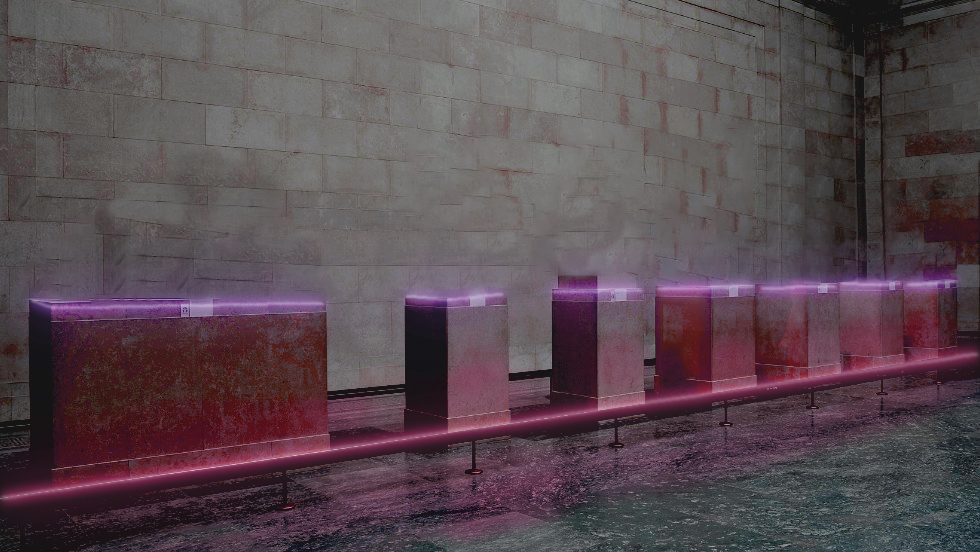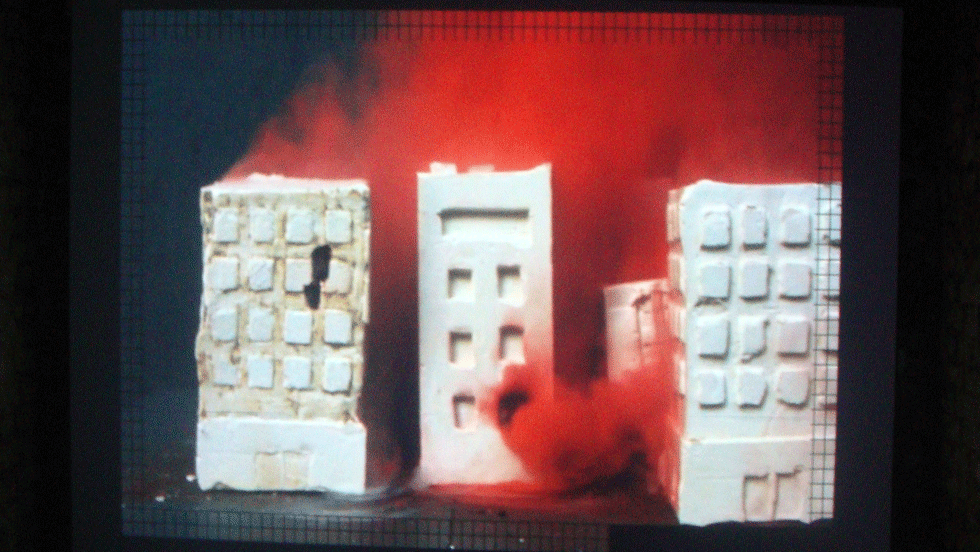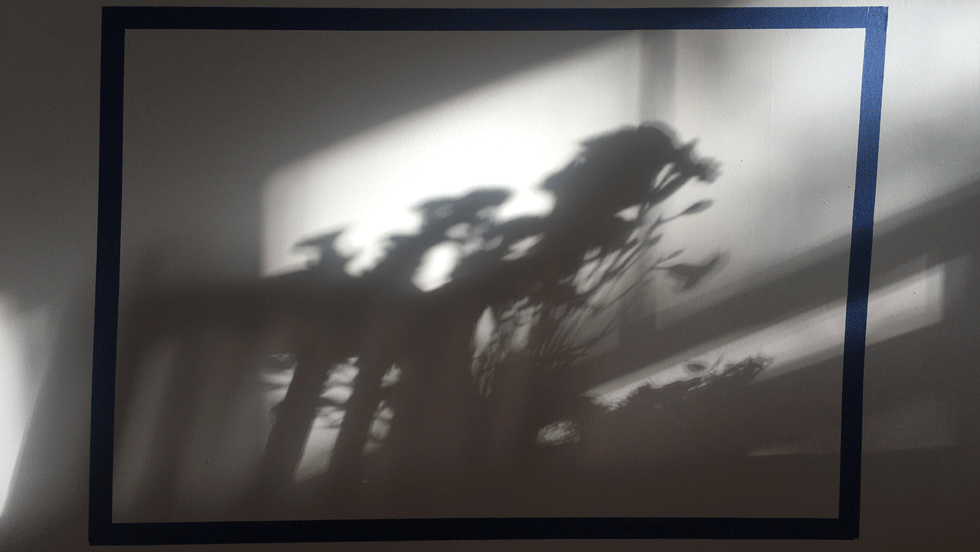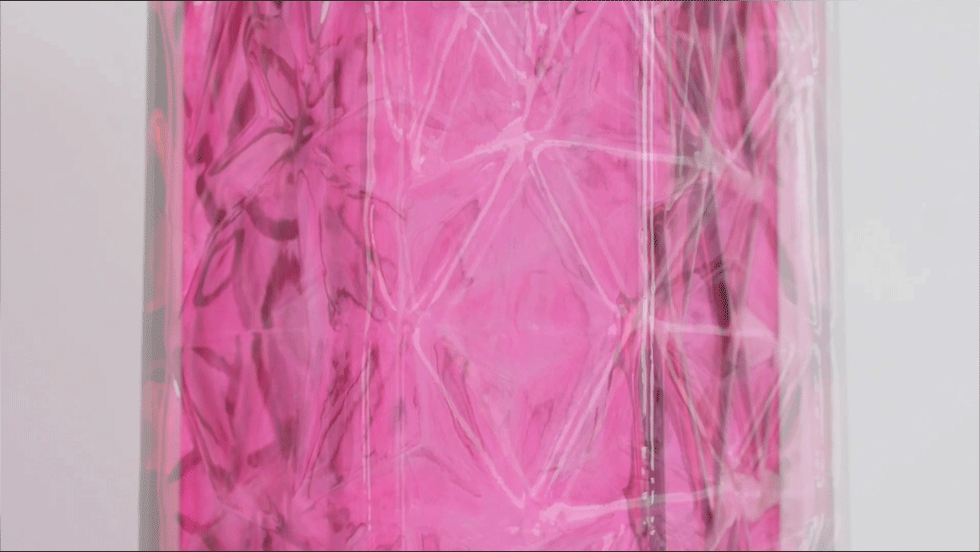Lateral Geographies is delighted to announce its fourth artist in residence: Eve Marguerite.
Over the course of the residency, Eve will present What If We Gave Them Back. The project builds on ideas concerning the function and use of public cultural and art spaces in present day society.
Via digital narrative, the artist explores alternative, experimental uses of space within museums and galleries – fostering dialogue about the role of cultural institutions and how, in future, they may evolve. The work invites reflection on issues of urgency within and beyond the arts sector – identity, equity, and power; of decolonisation, diversification and cultural repatriation.
At the height of the Covid outbreak, the arts sector – one of the industries to be hit hardest by the pandemic – was in troubled waters. Quarantines, government-imposed shutdowns and travel bans had left museums, galleries, and institutions worldwide with no choice but to quickly adapt and evolve in order to survive.
After a period of uncertainty and adjustment, the implementation of physical distancing measures eventually forged new digital paths for the art industry, leading to novel ways for artists seeking to connect with locked-down audiences.
This ongoing “digital revolution” – as it is usually referred to – has been seen as an opportunity to shape a more inclusive, diverse, and overall fairer industry, with benefits stretching further beyond mere survival and financial gains. Digital engagement has quickly become the catchphrase of the moment, and words and acronyms like AI (artificial intelligence), AR (augmented reality), VR (virtual reality), blockchain, NFT (non-fungible tokens) have cemented themselves in everyday lexicon.
However, while the transformative potential of digital technologies seems certain, it is unlikely that a technology shift alone will ever be enough to spark a “revolution” – unless, of course, we first deal with the obstacles, and there are many, preventing the art world from being effectively more inclusive, diverse and fairer.
Behind a façade of liberal progression, the world of the arts – a complex ecosystem made up of artists, audiences, museums and galleries professionals, curators, critics, etc. – fails often to live up to the values it purports to uphold. Toxic philanthropy and controversial sponsorship deals, economic and cultural exploitation, tokenism, racial and gender-based discrimination are just some of the problems that plague the industry.
The need to “reform” the arts sector is long overdue, and calls have been made for a structural transformation for years. In more recent times, the debate surrounding the reform has taken on added urgency and a sharper socio-political edge as the topic of decolonising the art space – and, by extension, the ecosystem as a whole – has been given growing recognition.
The history of museums in Europe and North America in particular is undeniably bound up in the history of colonialism, plunder and enslavement, with collections often amassed through looting, forced labour and illicit trade. To decolonise a museum – or a gallery – means to address the colonial narratives and taxonomies embedded within the institution itself, and establish non-colonial practices that reject exclusionary norms in order to embrace and adopt different perspectives.
The process of decolonisation also considers the return of looted artefacts to their country of origin. A hotly debated topic, the repatriation process is grounded in a broader discussion concerning distributive justice and, more specifically, the equitable redistribution of cultural goods, and should therefore be seen as an integral part of the decolonizing process.
In a broader sense, many call for a challenge to limits posed by an outmoded and regressive canonical tradition embedded in the logic of profit maximisation and rooted in eurocentrism and white supremacy, in patriarchy and heteronormativity.
Decolonising the art ecosystem is not just theoretical exercise. It implies challenging the status quo and opposing the structures of power that perpetuate inequality and exclusion. It entails encouraging rather than suppressing dissent.
The road to a more inclusive, broad-ranging and just art industry is certainly one strewn with obstacles, setbacks and detours – nonetheless, it is one we must take if we want to keep the sector relevant and in step with an ever-changing, ever-evolving and politically awakened society.
Words by Lateral Geographies Curator Jacopo Nuvolari
Pictured above:
What If We Gave Them Back – sketch, 2020
Asterion City, 2012
Sun Show, 2020
Glass Collector, 2020
Biographical Note: Eve Marguerite is a sometime artist, filming on small cameras and walking through woods.



